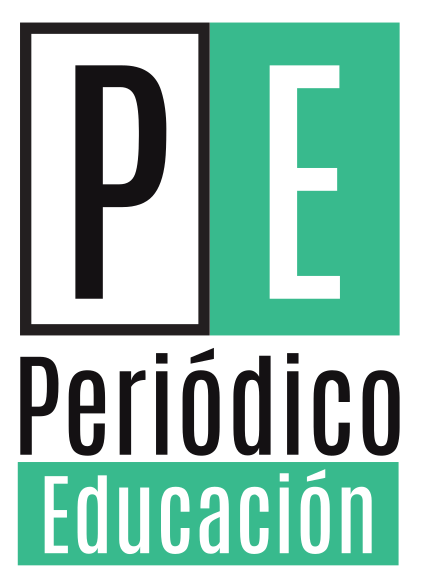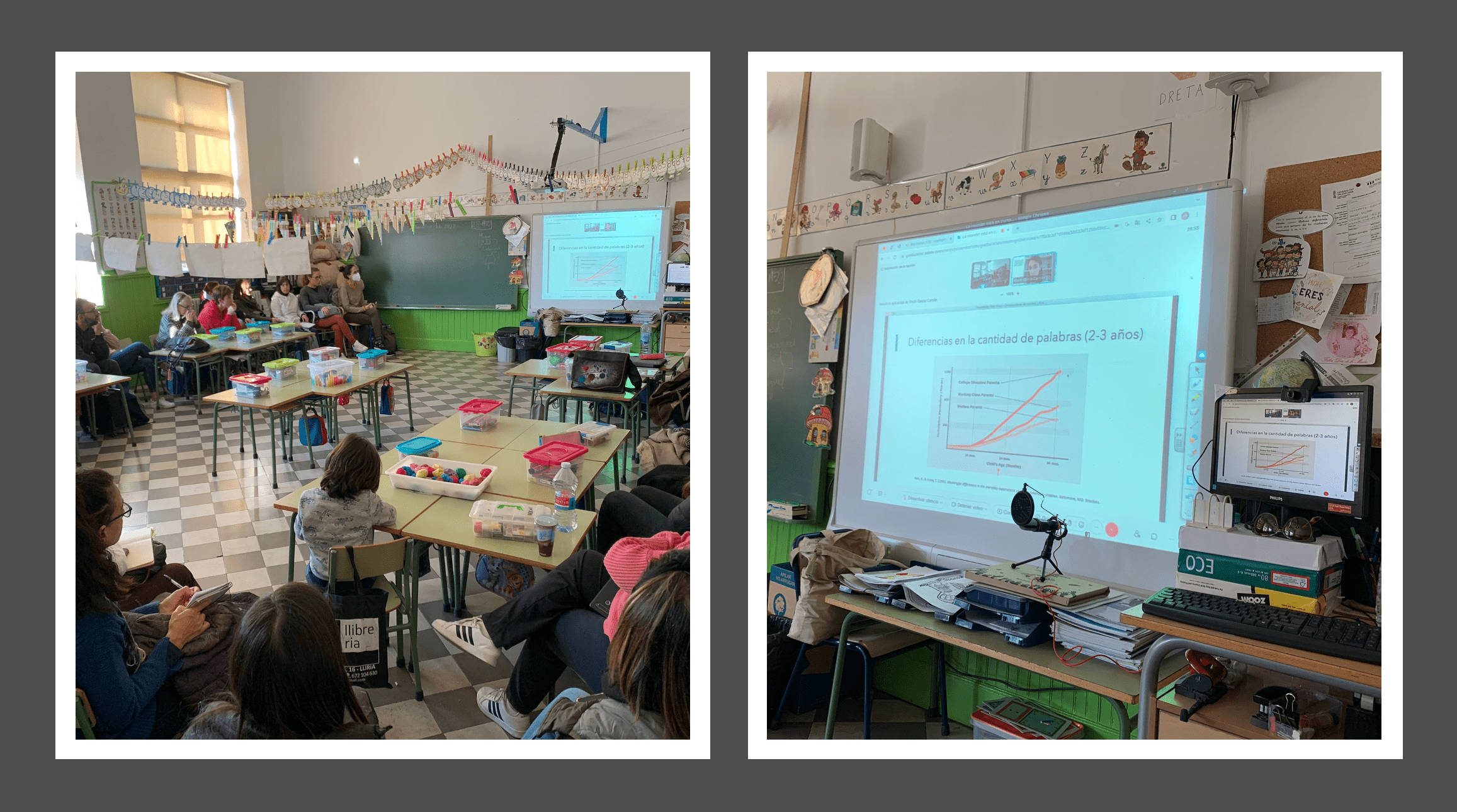“El Espectador”, which was rated by “Le Monde” as one of the eight best newspapers in the world, publishes an article by Alejandro Alvarez (Rector of the Universidad Pedagógica Nacional) explaining the “Viva la Escuela” [Hurrah the School] program of the Ministry of Education. In his text, he clarifies the commitment of those Colombian universities with their social impact: The Universities that will participate feel deeply challenged … We must take very seriously this opportunity to shake a little of certain routines and inertias and face the reality that teachers live there, in the daily life of the schools.
In some countries there are universities that develop volunteer programs that even collaborate in actions that increase segregation; for example, when these volunteers are used in some schools to take disadvantaged students out of their classrooms to make curricular adaptations, thus increasing educational inequalities and failure. The Colombian youth volunteering program “Viva la escuela” is explicitly based on international scientific evidence and aims to promote actions that improve the learning outcomes of all students without any type of discrimination.
The aforementioned commitment of the universities is oriented towards this improvement. As the article by the Rector of the Universidad Pedagógica Nacional states: The proposal is based on the concepts of “Learning Communities”, “Dialogic Learning” and “Successful Educational Actions” that Ramón Flecha (1997) and his collaborators (University of Barcelona) have consolidated. We are confident that these Colombian universities will be an example of success to be followed by universities in other parts of the world on how to achieve a great social impact on educational outcomes in their environments. In addition to the already abundant scientific literature published in many of the best scientific journals on dialogic learning, learning communities and successful educational actions, we now have available for free and open access the key book on the dialogic society in which successful educational actions take place and ensure their success.

